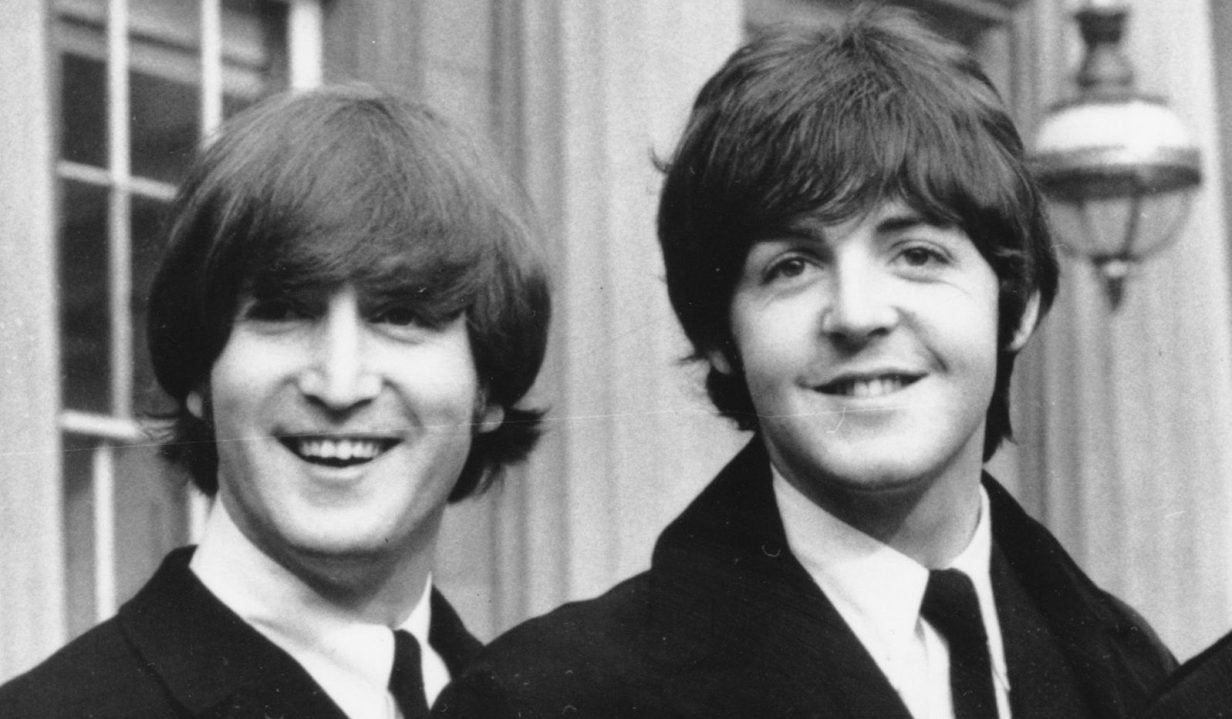During the pandemic, Ian Leslie wrote a Substack essay called “64 Reasons to Celebrate Paul McCartney,” arguing that despite his accomplishments, the ex-Beatle was underrated. But he didn’t delve much into McCartney’s relationship with John Lennon, writing, “I’m trying to keep this essay-length and that subject, inexhaustibly fascinating, is a book in itself.”
Inspired by this, Leslie went and wrote that book: “John & Paul: A Love Story in Songs.” Despite a seemingly endless parade of Beatles books, Leslie offers a fresh take, telling the story of the band through the duo’s relationship and the story of their relationship through the songs they were singing.
In a video interview from London, Leslie said most previous tomes recount the facts of the story without doing the music justice – “which is what this is all about and you can’t understand them without understanding the music” – or failed to explore the pair’s relationship “with depth or emotional intelligence.”
He was initially hesitant to pitch a book, since he wasn’t a music writer. Still, as a journalist, he’d written two books about human behavior that were relevant to understanding the Beatles’ genius: “Curious: the Desire to Know and Why Your Future Depends on It” and “Conflicted: How Productive Disagreements Lead to Better Outcomes.”
“The idea of how curiosity leads to creativity and how you can have productive conflict was central to their music,” Leslie says. Even early on in Liverpool, “when they were kind of crap musicians, they already had the personalities” that would create this unparalleled future.
After his essay went viral, providing rave responses from musicians and music experts he could use to pitch a book, he realized “even though I didn’t really have music credentials, I’d invented my own credentials.”
The book recounts the Beatles’ history but shifts the emphasis in important ways. First and foremost, this is a book about their friendship and how it shaped the Beatles and, really, the world. He writes of a moment early on when Paul was being pressured by his father to get a real job and John issued an ultimatum to turn up that day to play or be kicked out. “In the end, he chose me,” Leslie quotes Lennon as saying, and then adds his own take: “Paul didn’t choose the Beatles or rock and roll; he chose John. It’s as if Lennon wanted McCartney to come and be an orphan with him.”
Later, Leslie explores Lennon’s LSD and heroin abuse, his laziness and his violent outbursts. Writing that “we’ve underestimated the extent to which Lennon’s mental instability created problems,” he credits McCartney not just for his musical genius but for his ability to handle his best friend and keep the band together.
He says he dug into this idea after hearing Aimee Mann on Diana Erickson’s podcast “One Sweet Dream” discussing the “Get Back” documentary. “She says she felt that no other band would have tolerated John’s issues and behavior and would not have let him stay in the band,” Leslie says.
The book also makes much of how Lennon and McCartney often wrote and sang eyeball to eyeball, “staring into each other’s soul,” as Leslie says during our interview.
